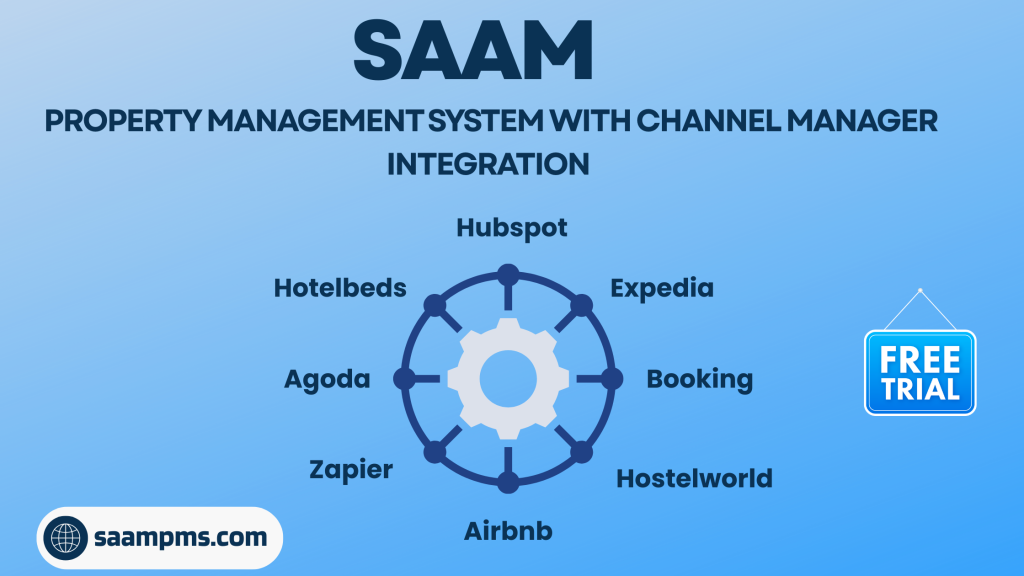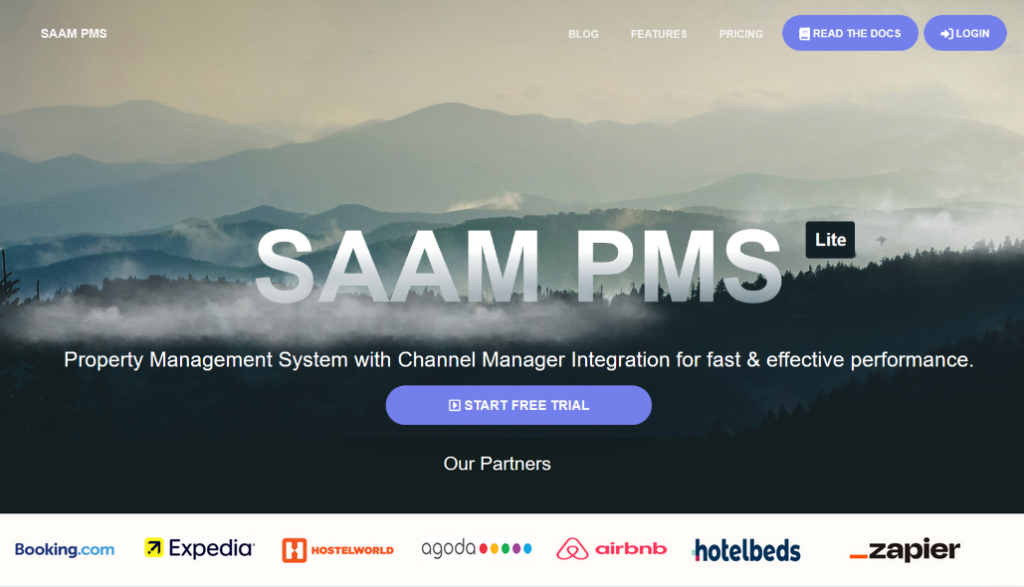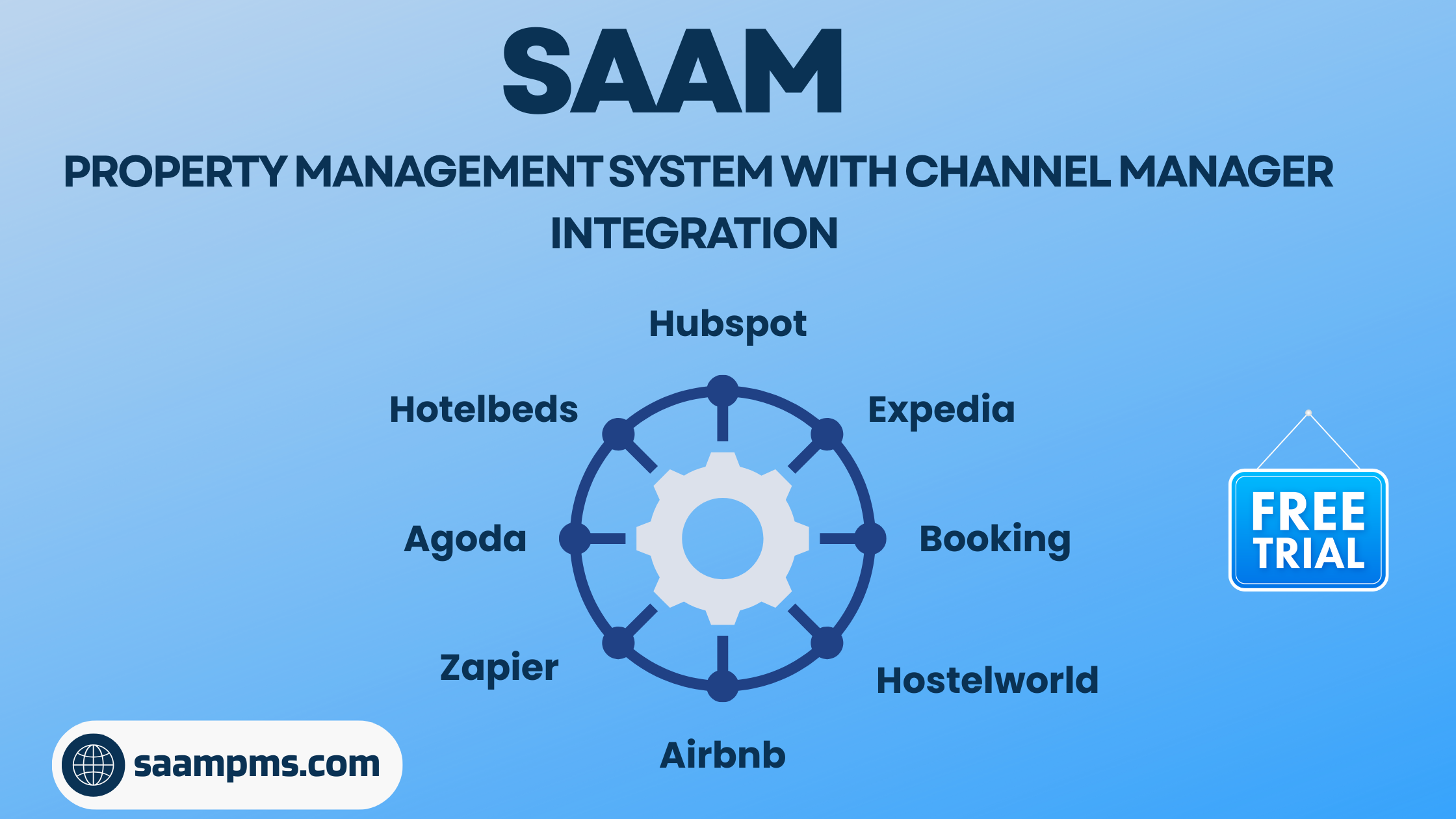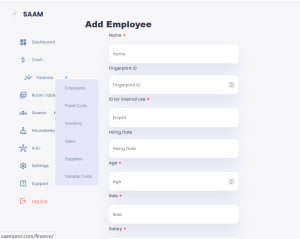Channel Manager For Hotels
In today’s competitive hospitality landscape, maximizing bookings and ensuring seamless operations are crucial for success. One of the key tools for achieving these goals is a channel manager. But what exactly is a channel manager, and how can it benefit your hotel? This article will delve into the concept of a channel manager, its importance, and how it can transform your hotel operations.

A channel manager is a software solution that enables hotels to manage and distribute their room inventory across multiple online booking platforms simultaneously. These platforms include Online Travel Agencies (OTAs) like Booking.com, Expedia, and others, as well as your hotel’s website. By using a channel manager, hotels can automate the process of updating room availability and rates, reducing the risk of overbooking and ensuring price parity across all channels.
Definition of a Channel Manager
In simple terms, a channel manager acts as a centralized hub that connects your hotel’s reservation system to various distribution channels. It ensures that any changes in room availability, rates, or restrictions are instantly updated across all platforms, thus maintaining consistency and accuracy.
Why is a Channel Manager Important for Hotels?

The hospitality industry is highly dynamic, with booking trends and guest preferences continually evolving. A channel manager helps hotels stay competitive by enhancing their distribution strategy. Here are some key reasons why a channel manager is essential for hotels:
1. Streamlined Operations
A channel manager automates the distribution of room inventory and rates, eliminating the need for manual updates on each booking platform. This not only saves time but also reduces the likelihood of human errors that can lead to overbooking or discrepancies in pricing.
2. Maximized Revenue
By providing real-time updates to all connected channels, a channel manager ensures that rooms are always available for booking, even during peak periods. This maximizes occupancy rates and revenue potential. Additionally, it allows hotels to implement dynamic pricing strategies, adjusting rates based on demand and market conditions.
3. Enhanced Guest Experience
Consistency in pricing and availability across all platforms helps build trust with potential guests. A channel manager ensures that guests receive accurate information, reducing the likelihood of booking-related issues. This enhances the overall guest experience and can lead to positive reviews and repeat business.
How Does a Channel Manager Work?

A channel manager integrates with a hotel’s property management system (PMS) and connects it to various online distribution channels. Here’s a step-by-step overview of how it works:
Integration with PMS
The channel manager syncs with the hotel’s PMS, allowing it to access real-time information about room availability, rates, and reservations. This ensures that any updates made in the PMS are automatically reflected across all connected channels.
Distribution Across Channels
Once integrated, the channel manager distributes room inventory and rates to all selected OTAs and booking platforms. This includes updating availability, applying rate changes, and implementing restrictions such as minimum stay requirements.
Real-Time Updates
As reservations are made, the channel manager updates the PMS to reflect the new booking status. This prevents overbooking and ensures that all platforms have the most current information. Additionally, any changes made in the PMS, such as rate adjustments or room closures, are instantly communicated to all channels.
Choosing the Right Channel Manager for Your Hotel
Selecting the right channel manager is crucial for optimizing your hotel’s distribution strategy. Here are some factors to consider when choosing a channel manager:
Ease of Use
Look for a channel manager that offers an intuitive interface and easy navigation. The system should be user-friendly, allowing your staff to quickly learn and efficiently manage bookings.
Integration Capabilities
Ensure that the channel manager seamlessly integrates with your existing PMS and other hotel management systems. This will enable smooth data flow and reduce the risk of errors.
Support and Training
Choose a provider that offers comprehensive support and training resources. This will help your team effectively utilize the channel manager and address any issues that arise.
Cost-Effectiveness
Consider the cost of the channel manager in relation to its features and benefits. While it’s important to find a solution that fits your budget, prioritize value over price to ensure you’re getting the most out of your investment.
Real-World Example of Channel Managers
Several channel managers are popular among hotels for their effectiveness and reliability.
SAAM PMS known for its user-friendly seamless integration with various channel manager moreover It offers a wide range of features, including Reservation management tools Finances House keeping ,analytics and more .

Conclusion
A channel manager is a vital tool for modern hotels looking to optimize their distribution strategy and enhance operational efficiency. By automating the management of room inventory and rates across multiple platforms, a channel manager ensures consistency, maximizes revenue, and improves the guest experience. When choosing a channel manager, consider factors such as ease of use, integration capabilities, and support to find the best fit for your hotel’s needs.
Incorporating a robust channel manager into your hotel operations can significantly impact your success in the competitive hospitality industry. Embrace this technology to streamline your processes, increase bookings, and elevate your guests’ experiences.
For More Information visit




